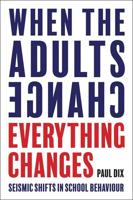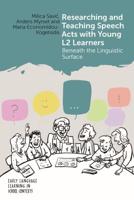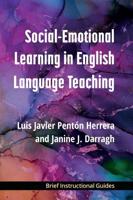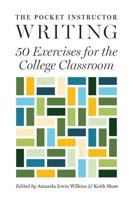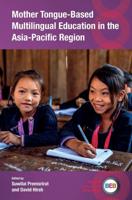Publisher's Synopsis
This richly interdisciplinary volume explores the goals and benefits of the Cultures and Languages Across the Curriculum (CLAC) programs by drawing together noteworthy insights from educators, administrators, researchers, and students who have been directly involved in the CLAC programs at colleges and universities in the United States.
Using autoethnographic methods, the authors analyze their personal experiences of CLAC to highlight best practices in establishing CLAC models and showcase ways to integrate languages and cultures into instruction and research across disciplines and contexts. Particular attention is given to the ways in which CLAC can support institutional internationalization and global objectives to enhance intercultural competence, world citizenship, and social justice in the community. The book is separated into three sections, with expertise from a wide range of culturally and linguistically diverse experts who represent different disciplines. Section I describes the development of new CLAC programs into existing institutional structures and provides the reader with first-hand accounts of the transformative impact of CLAC on individuals. Section II demonstrates the different collaborative forms that have been created between CLAC programs and various other disciplines, and Section III reflects on authors' experiences with disruptions to the power structures, hegemonic practices, and ideological assumptions often embedded in education.
This timely volume will be of interest to academics, researchers, and post-graduate students in the fields of Multicultural Education, Culture and Language Studies, Curriculum Studies, and Higher Education. This book would also greatly appeal to graduate students and scholars in education development.


